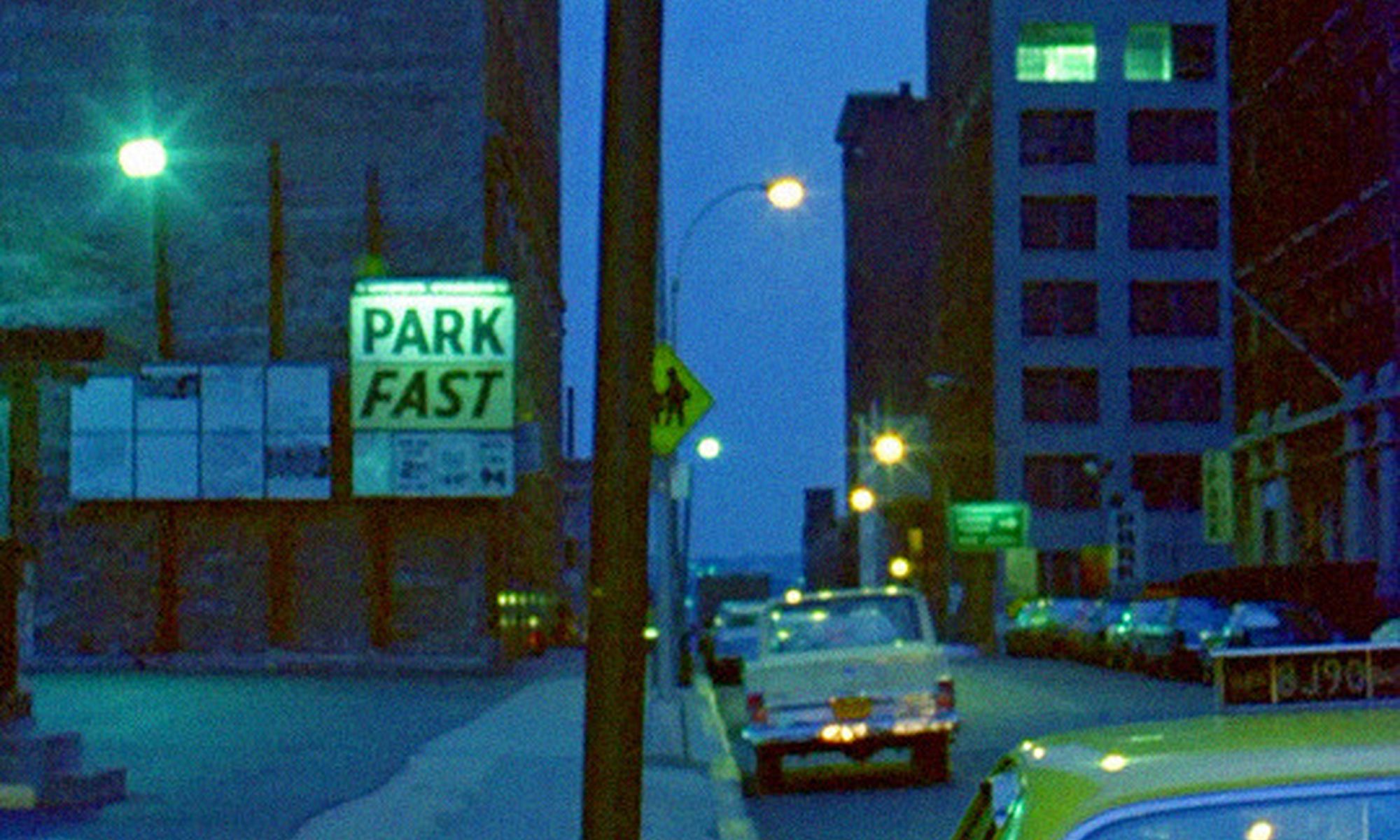Fahrenheit 451 by Ray Bradbury
-
- Amazon: 4.2
- Goodreads: 3.95
Ray Bradbury's Fahrenheit 451 is poetic. The title, Fahrenheit 451 symbolizes the temperature at which paper burns. This minor detail holds the premise of this dystopian novel.
Guy Montag is a fireman in a world where literature is in danger of extinction. Television is glorified and books are the source of all unhappiness and chaos. Traditionally speaking firemen usually banish fire, but in Montag's society, firemen start fires to burn books. Every printed book, as well as the house in which they are concealed in, must be obliterated. Escorted by helicopters, and equipped with deadly hypodermic, The Mechanical Hound of the Fire Department takes their job lethally serious. They are ready to hunt down any individual who defies the rules to conserve and read books.
Back at home, Montag has a standard life. He has a wife named, Mildred, who is obsessed with television. He retreated home with a clear mind and never questions his actions. One day he meets an interesting young neighbor, Clarisse. She becomes responsible for introducing him to a time, where books were vital: the past and the future. She teaches him the significance of ideas in books, as opposed to the senseless act of watching television. This is where Bradbury shines. His commentary on the censorship of literature is straightforward but unique. In Montag's world trivial information is accepted, whereas knowledge and ideas are an evil. Fire Captain Beatty explains it best:
"Give the people contests they win by remembering the words to more popular songs…. Don't give them slippery stuff like philosophy or sociology to tie things up with. That way lies melancholy."
Ultimately Montag questions his actions and profession when his wife puts herself in danger and Clarisse mysteriously disappears. He does the unthinkable: he begins to hide books.
The beauty of Bradbury's prose is found within the questions he indirectly raises: Why is literature important? is it of any danger? How does it influence our minds?
Some may say that Fahrenheit 451 is outdated, but the truth is that uttering such statement is narrow-minded. Fahrenheit 451 is less about how technology is infiltrating our lives, but more about Western society's blind faith in the media and government. The symbolism in this book is pure and grandiose. Reminiscent of George Orwell's 1984, Bradbury created a world where the mind is caged. No original ideas are consumed or fed; society is dormant and submissive. Ray Bradbury's vision is prophetic and poetically satirical as well as melancholic.
If you are a lover of literature, this book will puncture your heart. It is not far from the truth, which can be distressing at moments. Unlike other dystopian societies in literature, Bradbury's novel has become a historical act; it is one of the truer book in science fiction and life.
Read excerpts from the book here!
Source: theliteraryjournals
Farenheit 451 reached in and tore at my heart when I happened upon the 1966 film adaptation on television in early 70s. It prompted me to seek out the novel, which then led me to other dystopian narratives like 1984 and Animal Farm. All were potent reminders of what happens when society turns against its own people—and eerily prophetic of the times we currently find ourselves in. As I've written many times before, this is not the future I envisioned when I was a teenager.













